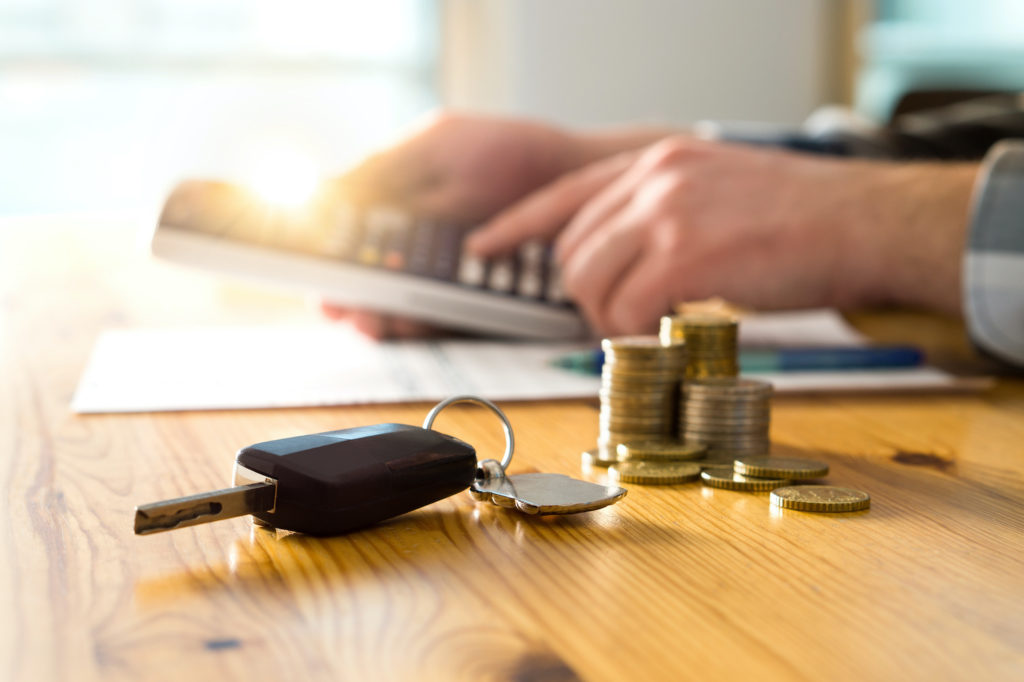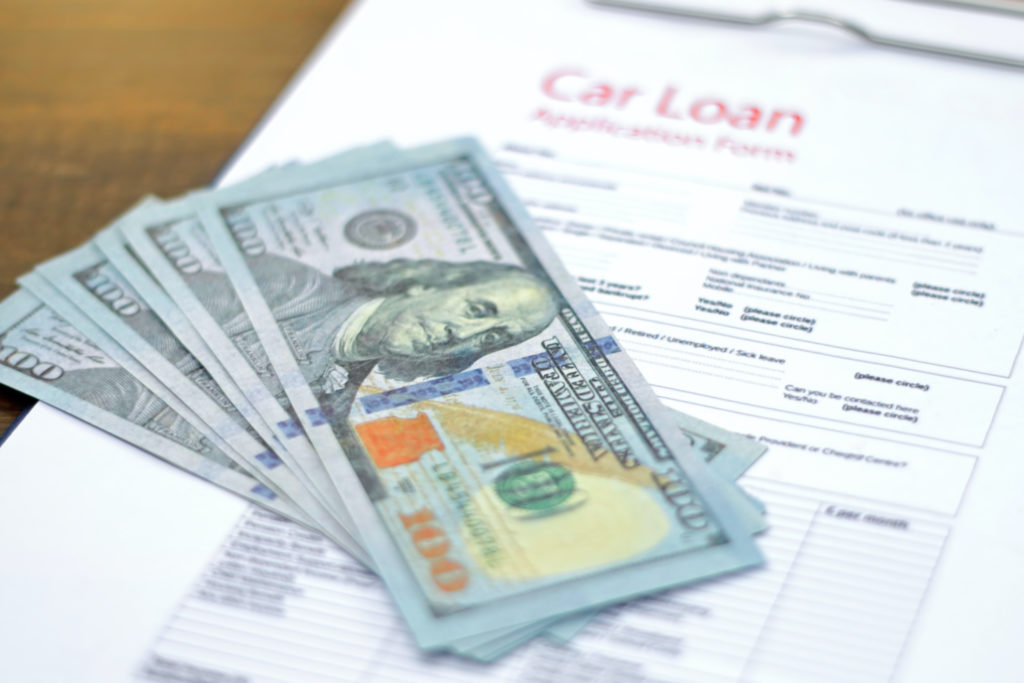The coronavirus pandemic may still be far from over. As the situation develops, a lot of companies and institutions are taking a huge hit. The fear imposed by the current situation along with state implemented quarantine restrictions has led to a significant drop in sales in almost all non-essential businesses, triggering closures, employee layoffs, and work suspensions. This is a big thing for ordinary citizens, many of whom are currently facing financial hardships and are struggling to make ends meet.
Millions of Americans are now unemployed due to the COVID-19 crisis, and even with the government sending out stimulus checks, many are still worried about how they’re going to pay their bills—rent or mortgage payments, utilities, insurance, and of course, auto loan payments—in the coming months.

Thankfully, companies and institutions have been stepping up to help people with their financial obligations. A lot of banks are offering mortgage assistance programs to help solve the problem. Car insurance companies are also willing to help, offering policyholders refunds and discounts on premiums for the next two months.
To further alleviate the situation, many states have proposed legislation postponing eviction warrants and foreclosures. In New York, for example, eviction warrants are postponed for 90 days.
With all these said, there really is no reason to panic. All you have to do is work out an alternative payment plan with the concerned company or institution, as most lenders are trying their best to be sympathetic to the current situation.
What Should You Do if You Can’t Make Your Car Payments at This Time?
Here is what you can do if you can’t make your car payments during the coronavirus pandemic:
Contact Your Lender and Apply for a Loan Deferment
The best thing to do at this point is to contact your lender. Many of them are offering financial hardship deferment programs to help lighten the burden on consumers during this pandemic.
What do these deferment financial programs offer? Most will allow you to skip a payment for the next one to three months. When the deferment period is over, two things could happen. Either you will have to settle a higher monthly payment or they may extend your loan by the same amount of time as your deferment.
Banks and other lenders have now made it easier to apply for deferment. Most of the time, you may only be asked to submit supporting documents such as a termination letter, a notice of layoff, or similar proof stating that you have lost your job.
Be honest about your current situation. At this time, most banks are willing to help. Again, contact your lender to find out more about the specifics of their deferment programs.
Use Your Stimulus Check to Settle Late Car Payments
As you probably already know, the President signed a $2.2 trillion relief bill last March 27th that includes provisions for a stimulus payment of as much as $1,200 per adult. To qualify for the stimulus check, you must have a valid Social Security number and an adjusted gross income under certain limits.
According to the IRS, they will use your 2018 and/or 2019 tax returns to assess the amount you will receive. Another important thing to note is that you will only qualify for the stimulus funds if you are not listed as a dependent of another taxpayer.
When you receive your stimulus check, you may use this money to pay for your car loan and reduce your debts. However, remember that basic needs should always be your priority. You should consider your options and allocate your funds accordingly. If you still have extra funds after buying groceries and paying for your mortgage, allocating your stimulus check for your car payment may be an option.
To check the status of your stimulus check, you may go to the IRS Get My Paymentpage. You may also set up direct debit using the page to get your check sent straight to your bank account.
If you don’t have any bank account, there are payment portals such as PayPal that you can use to receive your stimulus funds.

Opt for Refinancing or Trade-In for a Cheaper Vehicle
When all else fails, you may explore refinancing your loan. Just make sure to do this with a credible lender. Depending on your vehicle’s market value, you may just want to sell your car or trade it in for a much more affordable option.
However, with the current financial situation most people are in, this may not be your best option.
Do Not Ignore the Problem
Ignoring your car payments or trying to hide from your bank, lender, or repo company will only make matters worse. Avoiding paying for your loan may just add to the charges you will incur in the future.
Also, remember that your car payment is important to your credit score. As discussed above, your best option really is to contact your lender for payment options.
Read the News to Stay Updated
It is important to always be updated on the coronavirus situation in your state. Read the news to know how your state is doing, look for recent updates about quarantine restrictions and shelter-at-home orders, and watch out for any legislation regarding loan payments as this information will surely help you decide what to do next.
Some states have proposed legislation on extending car payment due dates and postponing vehicle repossession. As a rule of thumb, most lenders report late car payments to credit bureaus after 30 days. Vehicle repossession follows after three or more missed payments.
Make sure to keep yourself updated about any new legislation regarding loan deferments and other relevant information.

Helpful Tips to Help You Deal with Your Car Payments During COVID-19
Know Your Rights
Aside from being aware of your rights as a consumer, it is also important to be aware of the bank’s rights. This will help you deal with the situation better. You may check with your local consumer protection agency for the specific rules that apply in your state, as each state has its own rules on how cars are repossessed.
Generally speaking, your bank is legally allowed to repossess your car if you have skipped more than three payments. The repo company is legally allowed to follow you around and take the car, as long as they do not break into your locked garage or gate. As long as they do not use force against you or your property, they are not breaking any rules.
To know more about the repossession rules in your state, you may go to the credit info center website.

Voluntary Repossession
When your vehicle is up for repossession, it is best to turn it over voluntarily. You may contact the lender to tell them that you are willing to return the vehicle to them. This will not take away any debt or obligation you have with your lender, but it will at least save you from the hassle of having the bank take your car by force.
With all the chaos happening around, it is indeed difficult to keep track of bills and payments. However, you must not take your financial obligations for granted. After all, the reality is that you will still have to face them, so there is no use hiding from them now.
Any information provided on this Website is for informational purposes only and is not intended to replace consultation with a professional mechanic. The accuracy and timeliness of the information may change from the time of publication.

















